Gul Ahmed's journey from pre-partition roots to Pakistan's modern textile major
In a podcast with Kamran Khan, Gul Ahmed Chairman Bashir Ali Mohammad shares insights on the textile industry, urges consistent policies and power sector reforms
News Desk
The News Desk provides timely and factual coverage of national and international events, with an emphasis on accuracy and clarity.
Bashir Ali Muhammad, Chairman of Gul Ahmed Textile, highlighted Pakistan's economic challenges and opportunities during a podcast with Nukta founder and CEO Kamran Khan, emphasizing the need for policy consistency and power sector reforms.
Tracing his family's business journey from pre-partition India, Muhammad recalled how Japanese technicians worked in their factories and how Pakistan's founder Muhammad Ali Jinnah frequently visited their facilities. "Quaid-e-Azam would stay at my maternal grandfather's house and seek support for fundraising," he said, providing a glimpse into the textile industry's historical significance.
The chairman identified policy instability as a major hurdle to Pakistan's economic growth. "Our governments don't last more than three-and-a-half years, and policies keep changing," Muhammad said, arguing that without five-year policy guarantees, neither foreign nor local investment can be attracted.
Muhammad was particularly critical of the power sector's failed deregulation attempts. Despite government promises, he said vested interests have repeatedly blocked reforms. "Just as PIA's privatization faces delays, the power sector deregulation will face the same fate," he predicted during discussions with then-Prime Minister Shehbaz Sharif.
Addressing regional trade possibilities, Muhammad outlined the potential benefits of open trade with India, particularly in agricultural products. "When we have surplus onions and tomatoes that might spoil, they can be sent to India where there's a shortage, and vice versa," he explained, noting how such arrangements could benefit consumers on both sides.
The textile veteran also criticized the recent implementation of TERF loans, arguing they were misdirected toward spinning operations instead of value addition. "The garment industry is most suitable for Pakistan, even if we have to import fabric," Muhammad stated, advocating for increased support to small and medium enterprises in the textile sector.



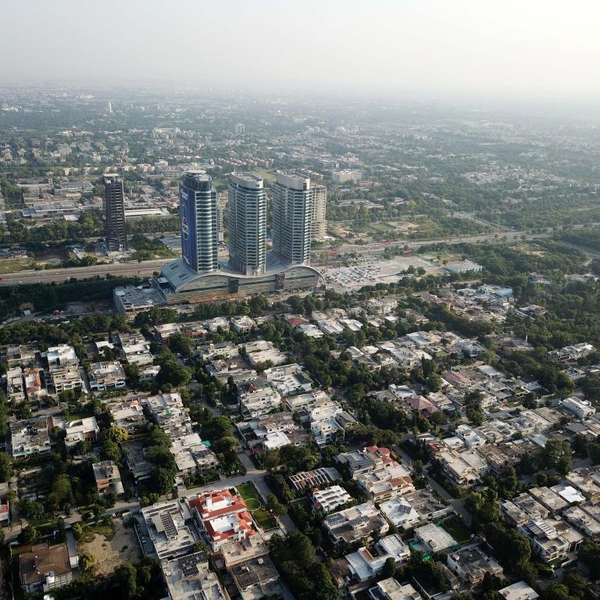
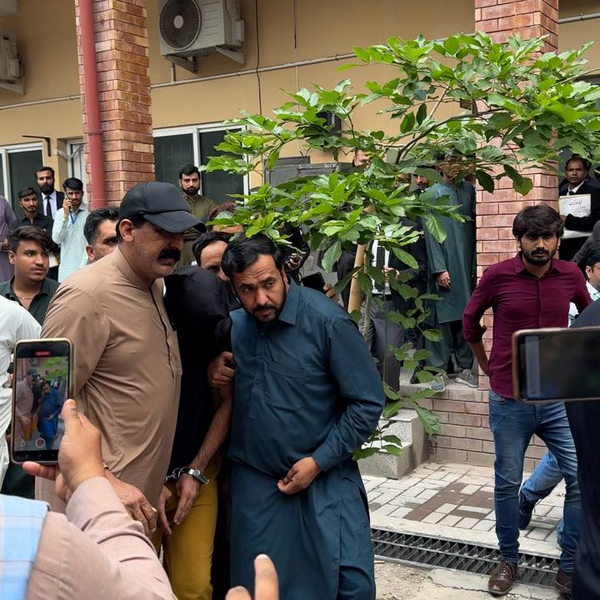
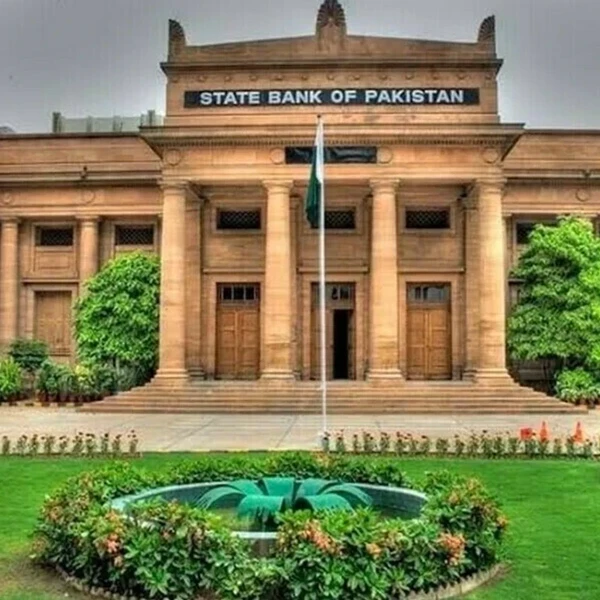
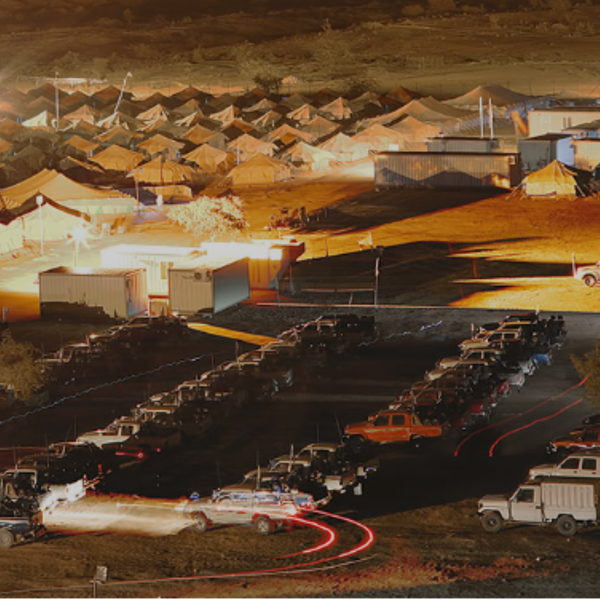


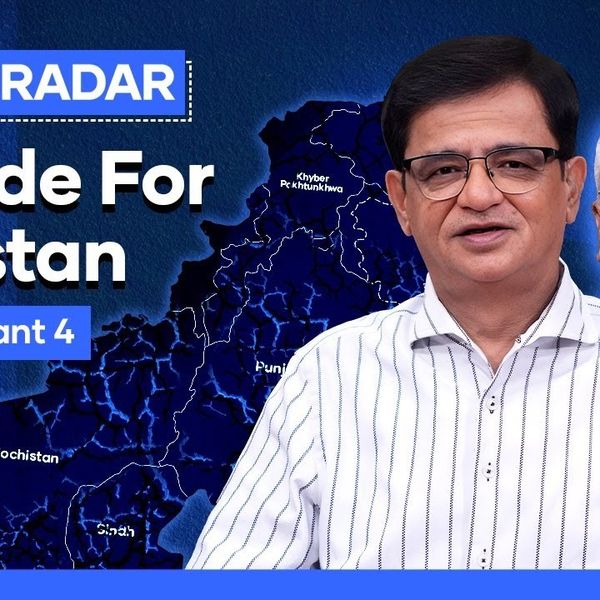

Comments
See what people are discussing